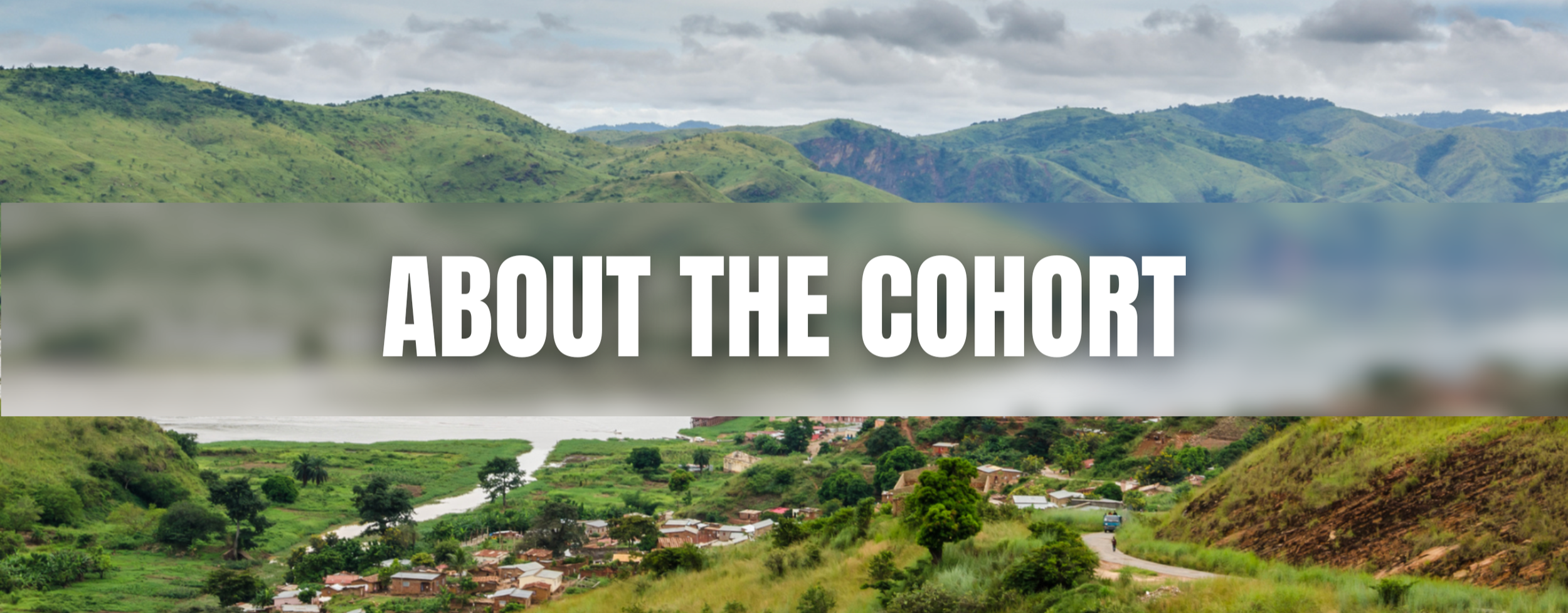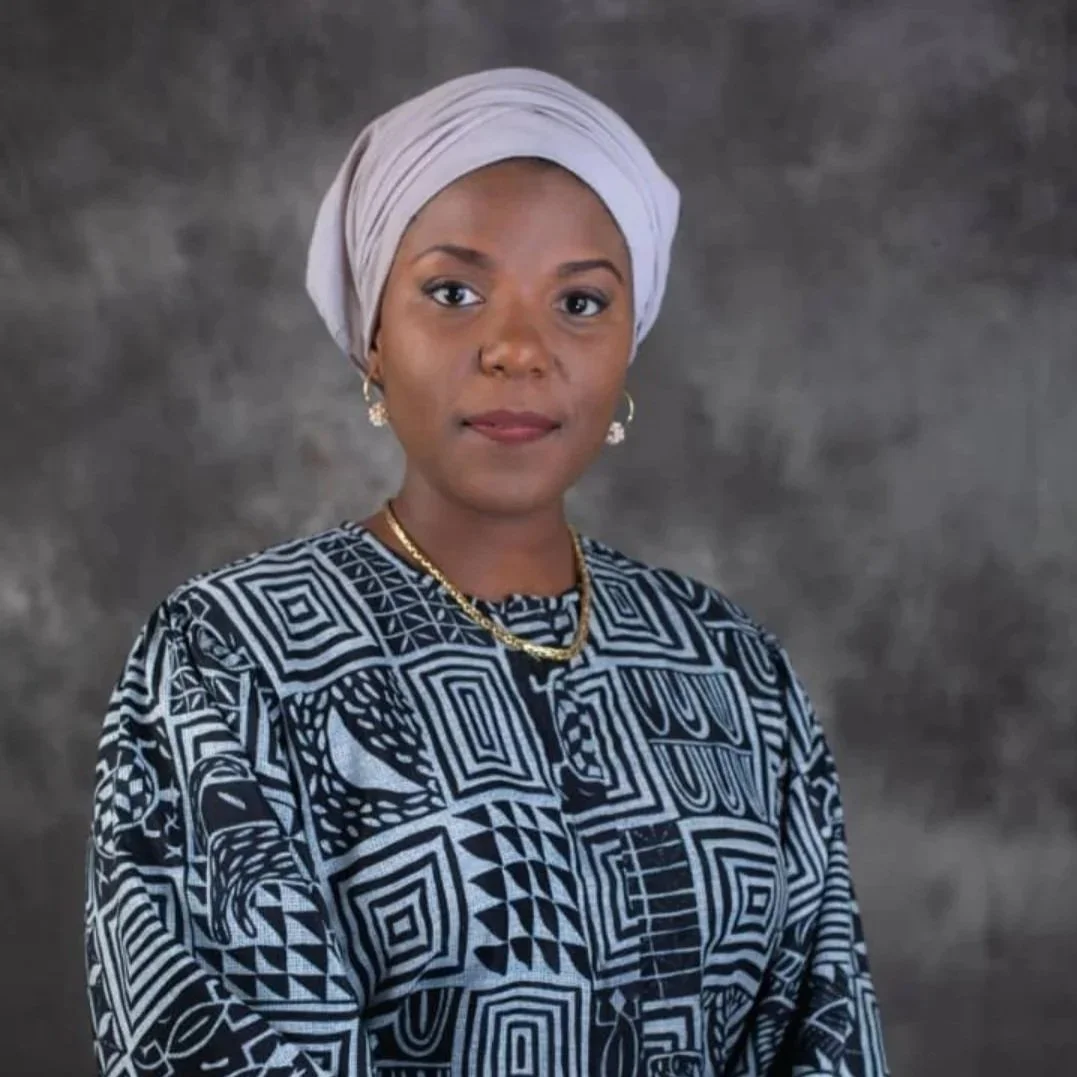DRC Advocacy Cohort
PAEMA is currently hosting a cohort of Congolese civil society representatives to support their work, engaging U.S. policymakers on human rights, peace, and environmental justice. The Cohort is comprised of 6 Congolese civil society representatives with deep experience in advocacy, organizing, and analysis.
The goal of the Cohort is to inform U.S. foreign policy toward the DRC, bringing key issues to the international stage while promoting engagement based on democracy, transparency, and human rights, particularly for communities affected by natural resource exploitation.
The current situation in the Democratic Republic of Congo is complex and volatile, with the Rwandan-backed M23 militia seizing significant territory in North and South Kivu provinces, including key provincial capitals. This escalation of conflict, fueled by the desire for control over eastern DRC's vast mineral resources, has increased the risk of a broader regional conflict and highlights issues of corruption and weak governance within the Congolese government. The U.S. has been heavily engaged in the peace process and in developing regional, as well as bilateral economic agreements. This has led to a perception of prioritizing economic interests, particularly access to critical minerals, potentially at the expense of human rights and anti-corruption efforts, with limited action taken to de-escalate the current crisis.
Recognizing the complexities of the current situation, it is critical for Congolese civil society actors to engage with policymakers to shift U.S. policy away from siloed economic interests towards more holistic strategies that will benefit the people of the DRC but also reflect U.S. national interests.
The work of the Cohort ensures that local realities inform U.S. policy formulation in the DRC.
Ismaël Tutu
Ismaël Tutu is a committed Congolese civil society actor, specialized in extractive resource governance. Since 2013, he has worked with He currently works on advocacy and transparency and is based in Kinshasa. His work emphasizes inclusive governance and the accountability of extractive operations at both national and international levels.
Néné Bintu
Néné Bintu is a lawyer by profession, registered with the South Kivu Bar Association since 2013, where she also serves on the Bar Council as the member in charge of external relations. She heads the provincial coordination office of South Kivu’s civil society platform, which brings together more than 3,000 local NGOs. Nene is a member of the Executive Committee of the Extractive Industries Transparency Initiative (EITI) Civil Society College, the Deputy Coordinator of the Pamoja kwa Amani consortium and the national coordinator of Simama Congo, a national NGO working in humanitarian aid, peacebuilding, and community recovery.
boniface umpula
Boniface is a senior expert on transparency and governance issues in the extractive industries. In September 2015, He monitors compliance by extractive companies with their social, environmental, administrative, and fiscal commitments, as well as the government's implementation of its commitments to transparency and accountability in natural resource governance, including critical minerals.
Jean Chrysostome Kijana
Jean Chrysostome Kijana is a trained lawyer and criminologist with over fifteen years of experience as a civil society activist in the Democratic Republic of Congo. As the founder and National President of the New Dynamic of Civil Society in the DRC (NDSCI), he has led numerous initiatives, campaigns, and advocacy efforts promoting human rights, democracy, good governance, and citizen participation. He also serves as the Coordinator of the Pamoja kwa Amani consortium, a recently established coalition of organizations from North and South Kivu formed in response to the ongoing crisis in Eastern DRC. The consortium works to document and monitor human rights violations, advocate for affected communities, and promote lasting solutions for peace and stability.
rebecca kabuo
Rebecca Kabuo is a Congolese activist committed to social justice, democracy, and human rights. With formal training in clinical psychology, she joined the non-violent citizen movement LUCHA (Lutte pour le Changement) in 2013, where she has co-organized over 150 peaceful protests advocating for quality public services, transparent elections, and an end to corruption. Despite facing multiple arrests and instances of intimidation, she maintains her commitment to non-violent civic resistance. Rebecca also serves as a volunteer with Goma Actif, a community organization that provides support to displaced individuals through meal distribution and free medical care. A prominent figure of the DRC’s engaged youth, she continues to advocate for a more equitable and inclusive society, with particular emphasis on the empowerment of women and marginalized populations.
nadine Bakari
Nadine Bakari is a trained doctor and an expert in conflict management, strategic planning, and social systems development research. While still a student, she began her public service career as an advisor to the Governor of South Kivu, following several years of activism within the Youth Parliament. Throughout her career, she has held several high-level positions, including Co-opted Provincial Deputy, Provincial Minister of Youth and Sports, Chief of Staff to the Minister of Health, and Health Policy Expert at the Presidency. She also served as President of the Peace and Youth Security Commission of the ICGLR. Nadine currently serves as the Coordinator of the Lwenge Foundation and President of the Eclatsport football club.







